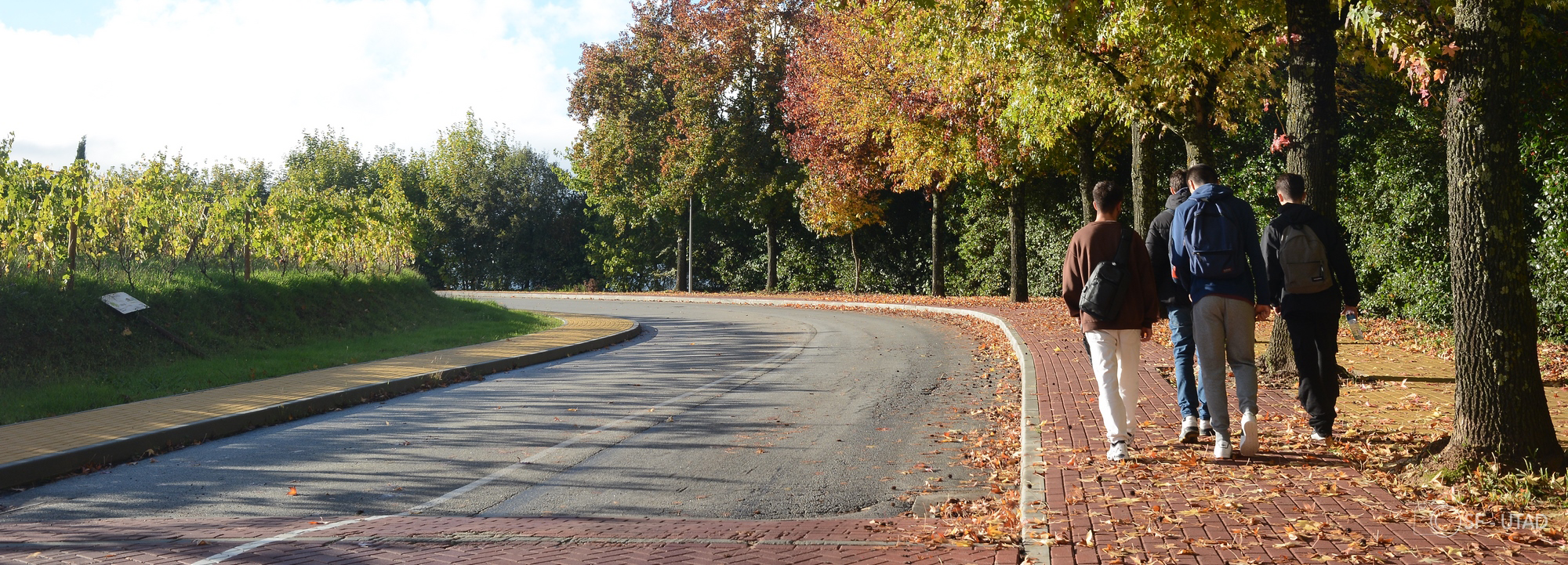Convenors

Artur Cristóvão

Hanna Tamsalu

Lívia Madureira
The pressure of the agrifood system on the planet’s resources, the environmental footprint of food and its impact on the climate, food waste, hunger and malnutrition, and human health problems linked to food and nutrition are undeniable today. Addressing these requires transforming agrifood systems worldwide to become more sustainable, resilient, and health-promoting, while also ensuring fair income distribution across value chains, revitalising rural areas, and securing the food security of rural households in the Global South. The primary aim of this topic is to explore how agricultural education and rural extension are driving the transformation of agrifood systems in these directions. This includes considerations at multiple levels – farm, landscape, and regions – while accounting for the diversity of ongoing transition pathways. These pathways include, but are not limited to, sustainable farm systems, agroecology, the One Health approach, regenerative agriculture, and circular agriculture and agrifood economies. Abstracts are invited to address a range of topics, which include, but are not limited to:
- Strategies, approaches, and practices employed by educators and rural extensionists to develop, co-create, and update knowledge and skills, enabling them to provide customised advice at the farm level to an increasingly heterogeneous farming community. This includes frontrunners, farmers leading transition pathways, as well as mainstream farmers who are struggling to engage with the innovations and changes demanded by society and policy in the context of sustainability transitions.
- How agricultural educators and rural extensionists navigate the increasingly pluralistic advisory landscape, which encompasses a growing number of actors providing formal and informal farm advice, including peer-to-peer farmer networks, farmer suppliers and clients, researchers, non-farm-oriented NGOs, and specialists, ordinary citizens, among others.
- What new approaches are being adopted by agricultural vocational education, advisory training entities, and advisory services to equip rural extensionists and farm advisors with the knowledge and skills needed to anticipate and support farmers in pursuing multiple sustainability transition pathways at different levels, including the farm, value chain, the territorial or landscape levels, and at the wider AKIS level? This includes responding to multiple challenges such as the effects of climate change, structural labour shortages, new technologies, legislative demands, market and consumer volatility, and societal and local community pressures on farmers.
- How are agricultural vocational education, advisory training entities, and advisory services addressing divergent values and political orientations to mitigate potential advisor bias arising from partiality and a lack of neutrality when providing advice to an increasingly heterogeneous farming community pursuing multiple sustainability transition pathways?
- What policies, strategies, approaches, and practices are being adopted by agricultural knowledge and advisory services (AKIS) at a wider level, as well as by rural extensionists and farm advisors, to address exclusion and unequal access to knowledge and innovation, particularly for hard-to-reach farmers? Additionally, how are they addressing social, organisational, and marketing innovations that involve multiple dimensions beyond the conventional range of technical-agronomic skills of advisors?

